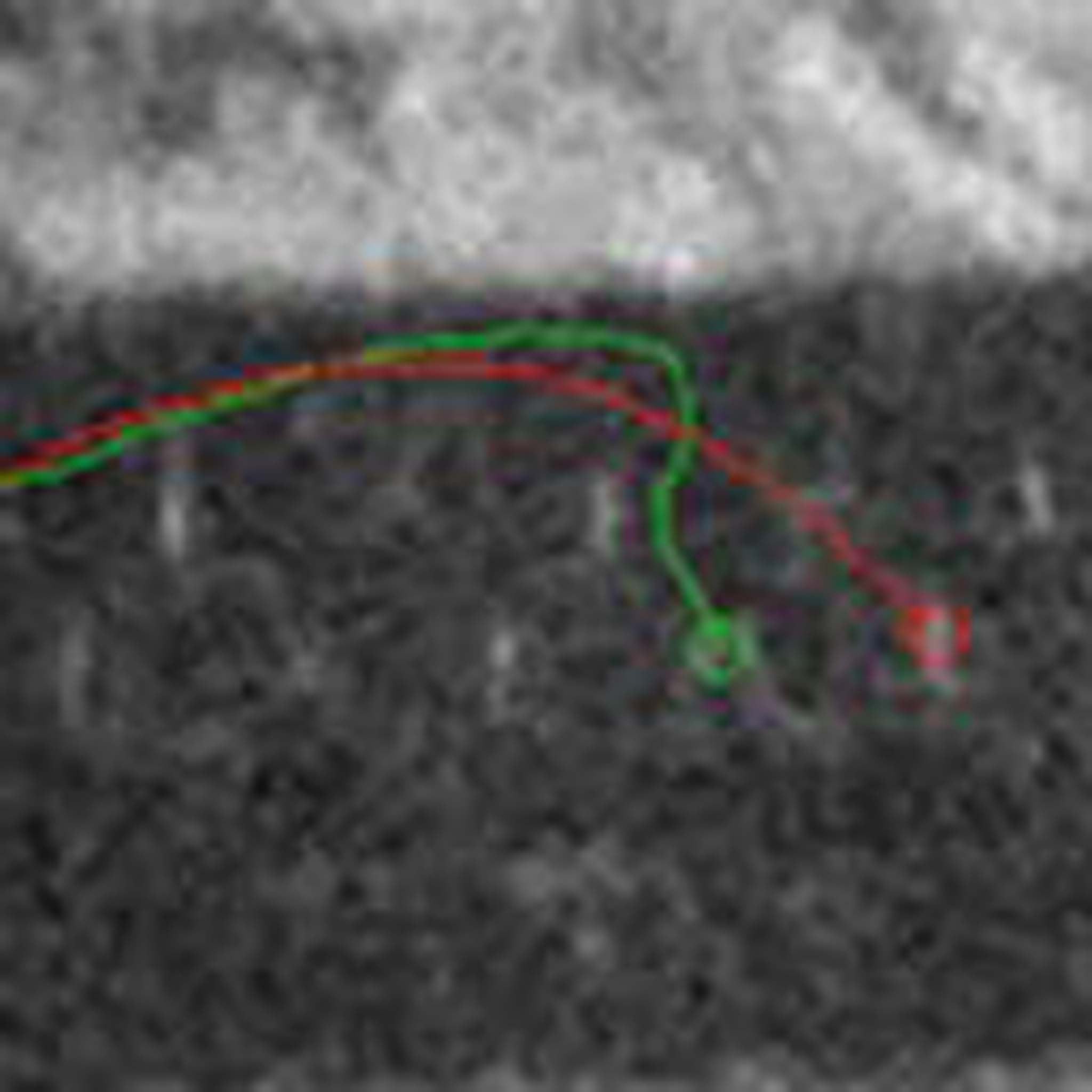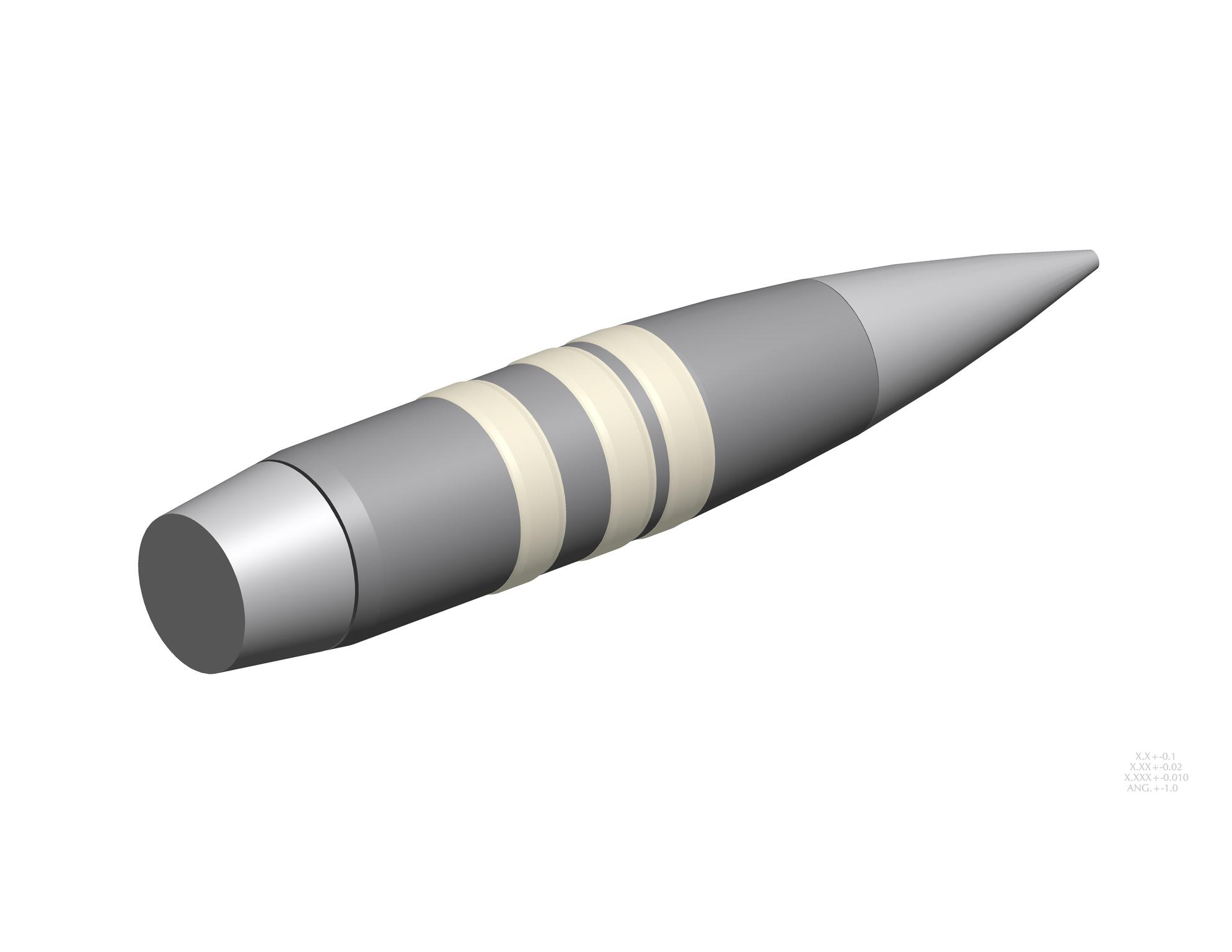Even the best sniper just got better: US defence agency successfully trials world's first self-guiding bullet
The Defence Advanced Research Projects Agency (DARPA) is attempting to find new military technologies that can aid sniper accuracy

A US military agency has conducted its first successful tests of guided bullets which can track a target regardless of external factors or even where the sniper rifle is aimed.
The Defence Advanced Research Projects Agency (DARPA), an arm of the Department of Defence, is developing a smart .50-calibre bullet which can not only compensate for weather fluctuations, but can also hit a moving target, rather like a guided missile.
The agency, which researches new technologies for use by the US military, announced its fruitful trials with a YouTube video demonstrating the in-flight guidance of the bullets.
It is being developed as part of the organisation’s Extreme Accuracy Tasked Ordnance (EXACTO) project, a programme tasked with improving “sniper effectiveness and troop safety” and to “revolutionise rifle accuracy and range by developing the first ever guided small-calibre bullet,” the governmental department says.
The bullets have fins and on-board computers to direct them towards laser-marked targets as far away as 1.2 miles.
The work is being carried out by a subsidiary of Maryland-based private defence firm Lockheed Martin and Teledyne Scientific & Imaging. In 2010 Teledyn received $25.5million in funding from the US government.
In a statement, DARPA said of its latest successful live-fire tests: “EXACTO’s specially designed ammunition and real-time optical guidance system help track and direct projectiles to their targets by compensating for weather, wind, target movement and other factors that could impede successful hits.
“The EXACTO program is developing new approaches and advanced capabilities to improve the range and accuracy of sniper systems beyond the current state of the art.”
The agency says that the reason it is creating a self-steering bullet and accompanying rifle is to help soldiers lock down targets while operating in “unfavourable conditions, such as high winds and dusty terrain commonly found in Afghanistan.”

DARPA is not the only organisation with its sights set on self-guided bullets. Sandia National Laboratories successfully hit laser-designated targets a mile away with a bullet prototype in 2012.
Justin Bronk, Research Analyst at The Royal United Services Institute (RUSI) think tank, said that while it is expensive equipment, it could "greatly increase accuracy and precision in poor conditions" while reducing "the danger of collateral damage."
"This programme could potentially deliver significant accuracy and therefore effective range boost in difficult weather conditions or against moving targets for military sniper teams," Mr Bronk told The Independent.
"However, in incorporating the electronics and control surfaces necessary to effect guided course changes in flight, the terminal ballistics and penetrative power of the bullet will likely be adversely affected.
"There will also be a huge increase in the cost of each projectile which will limit such rounds to specialist sniper teams and the like, rather than being general issue for heavy machine gun teams and vehicles. "
While the technological developments are expected to help ground troops, concerns have been voiced over whether the smart ammunition will eventually be rolled out to the public.
Britain's Ministry of Defence has confirmed that it is not procuring similar weaponry.
The agency revealed earlier this week that it is developing an implantable microchip that can help to restore memory.
It wants to restore memory deficits experienced by current and former military personnel who have suffered traumatic brain injury.
The agency has joined with the University of California, Los Angeles (UCLA) and the University of Pennsylvania (Penn) in the project.
Join our commenting forum
Join thought-provoking conversations, follow other Independent readers and see their replies
0Comments